William Pooley: British Ebola nurse 'desperate' to return to West Africa
Briton who survived Ebola plans to continue working in Sierra Leone and urges Cameron to take action
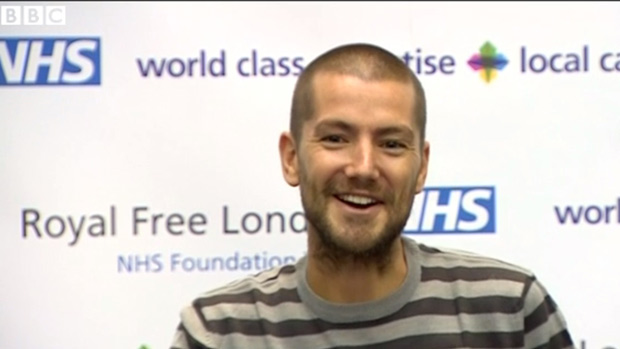
A free daily email with the biggest news stories of the day – and the best features from TheWeek.com
You are now subscribed
Your newsletter sign-up was successful
William Pooley, the British nurse who survived the Ebola virus after treating patients in Sierra Leone, has revealed plans to return to work in West Africa.
The 29-year old is thought to be the first Briton to be infected with the disease but told The Guardian that he was desperate to go back and help contain the virus that has now killed over 2,000 people in the region.
"It's the least I could do to go back and return the favour to some other people, even just for a little while," he said.
The Week
Escape your echo chamber. Get the facts behind the news, plus analysis from multiple perspectives.

Sign up for The Week's Free Newsletters
From our morning news briefing to a weekly Good News Newsletter, get the best of The Week delivered directly to your inbox.
From our morning news briefing to a weekly Good News Newsletter, get the best of The Week delivered directly to your inbox.
He also urged David Cameron, who sent him a personal message when he was ill, and Barack Obama to do more to address the crisis. "It's a global problem and it needs global level leadership," he said.
Speaking about his work in Sierra Leone, Pooley said: "To know that you're making a difference like that is an amazing privilege."
Pooley was treated at the Royal Free Hospital in London where he was given the experimental drug zMapp and has praised his doctors for the treatment he received, saying the facilities were incomparable to those in which he worked in Sierra Leone.
Describing the conditions in Kenema government hospital, Pooley said the wards were filthy and filled with corpses and blood and people "dying in quite unpleasant ways".
A free daily email with the biggest news stories of the day – and the best features from TheWeek.com
"There were not enough materials; there was no running water, no sheets or towels to clean a patient with," he added.
He explained that when he became ill specialists had destroyed his passport and other belongings out of fears of contamination, but said that his mother would be glad that he could not yet travel back.
"Obviously in a way we don't want [him] to [go back]", confirmed his mother Jackie, before adding that she "would feel very proud of him" if he did return to Africa. "It's not about us and it's not about Will, it's about what's happening out there," explained his father Robin.
Pooley says it would be "relatively safe" for him to return to Sierra Leone but it is unclear whether or not he is now immune to the virus or how long possible immunity could last.
However, Dr Bruce Ribner, director of the infectious disease unit at Emory University Hospital in Atlanta where two American Ebola patients recovered, said: "There is strong epidemiological evidence that once an individual has resolved an Ebola virus infection, they are immune to that strain."
Scientists have discovered five strains of Ebola, the strain currently spreading across West Africa is the Zaire Ebola virus, according to All Africa.
-
 Switzerland could vote to cap its population
Switzerland could vote to cap its populationUnder the Radar Swiss People’s Party proposes referendum on radical anti-immigration measure to limit residents to 10 million
-
 Political cartoons for February 15
Political cartoons for February 15Cartoons Sunday's political cartoons include political ventriloquism, Europe in the middle, and more
-
 The broken water companies failing England and Wales
The broken water companies failing England and WalesExplainer With rising bills, deteriorating river health and a lack of investment, regulators face an uphill battle to stabilise the industry
-
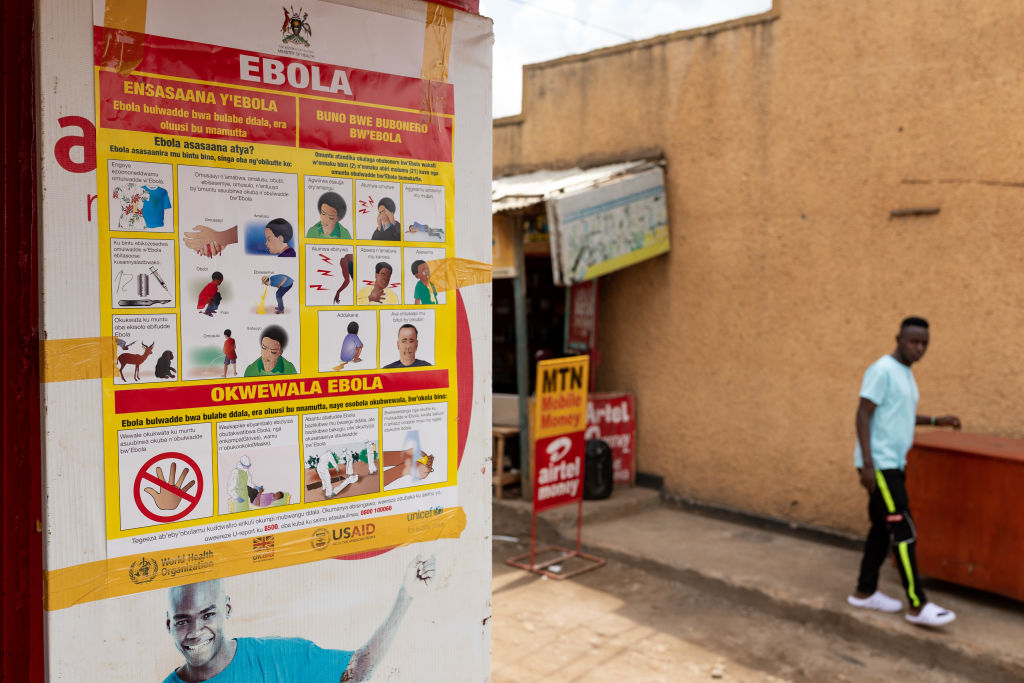 Ebola outbreak leads to 3-week lockdown in two Ugandan districts
Ebola outbreak leads to 3-week lockdown in two Ugandan districtsSpeed Read
-
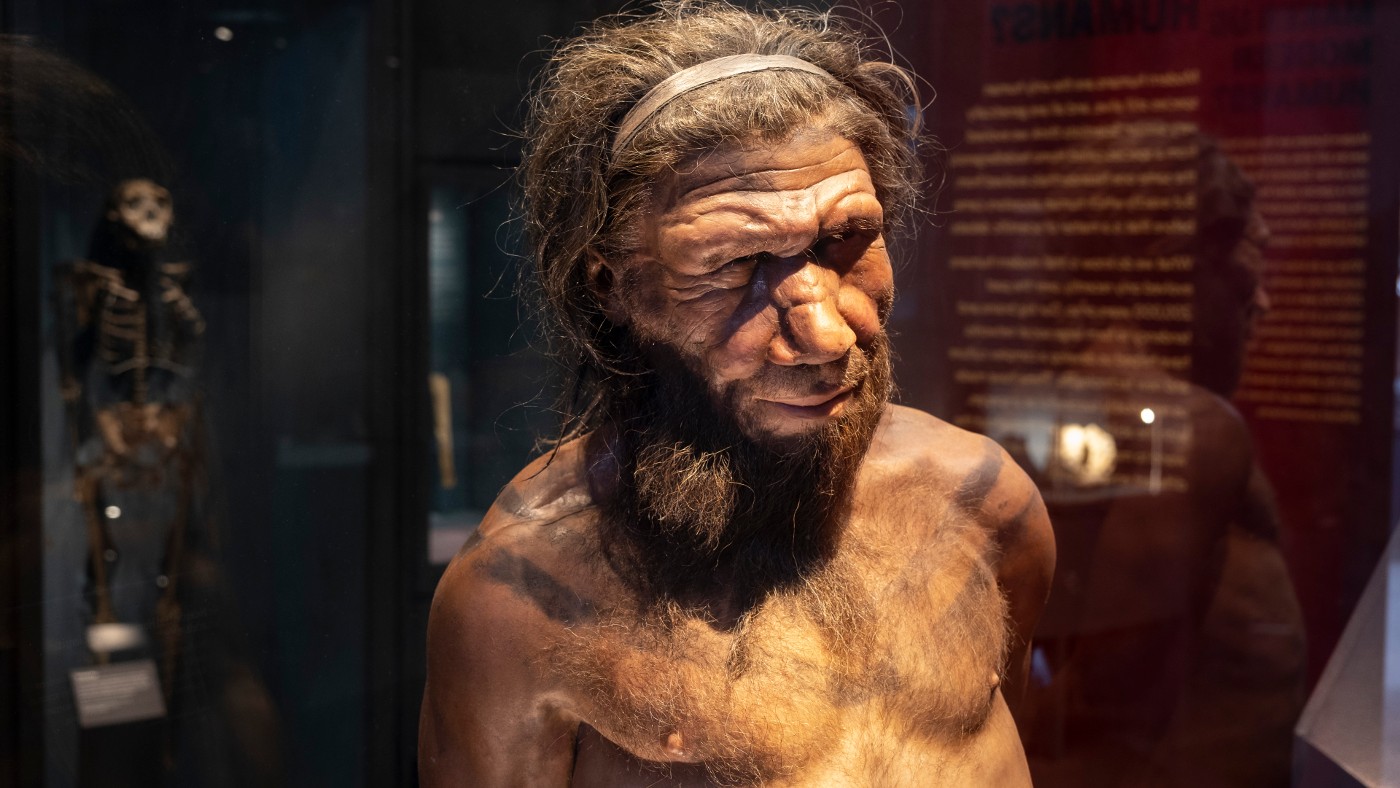 Neanderthal gene ‘caused up to a million Covid deaths’
Neanderthal gene ‘caused up to a million Covid deaths’Speed Read Genetic tweak found in one in six Britons means cells in the lungs are slower to launch defences
-
 What will the next pandemic look like – and are we ready?
What will the next pandemic look like – and are we ready?The Explainer Creator of the Oxford-AstraZeneca vaccine warns that future viruses could be more contagious and lethal
-
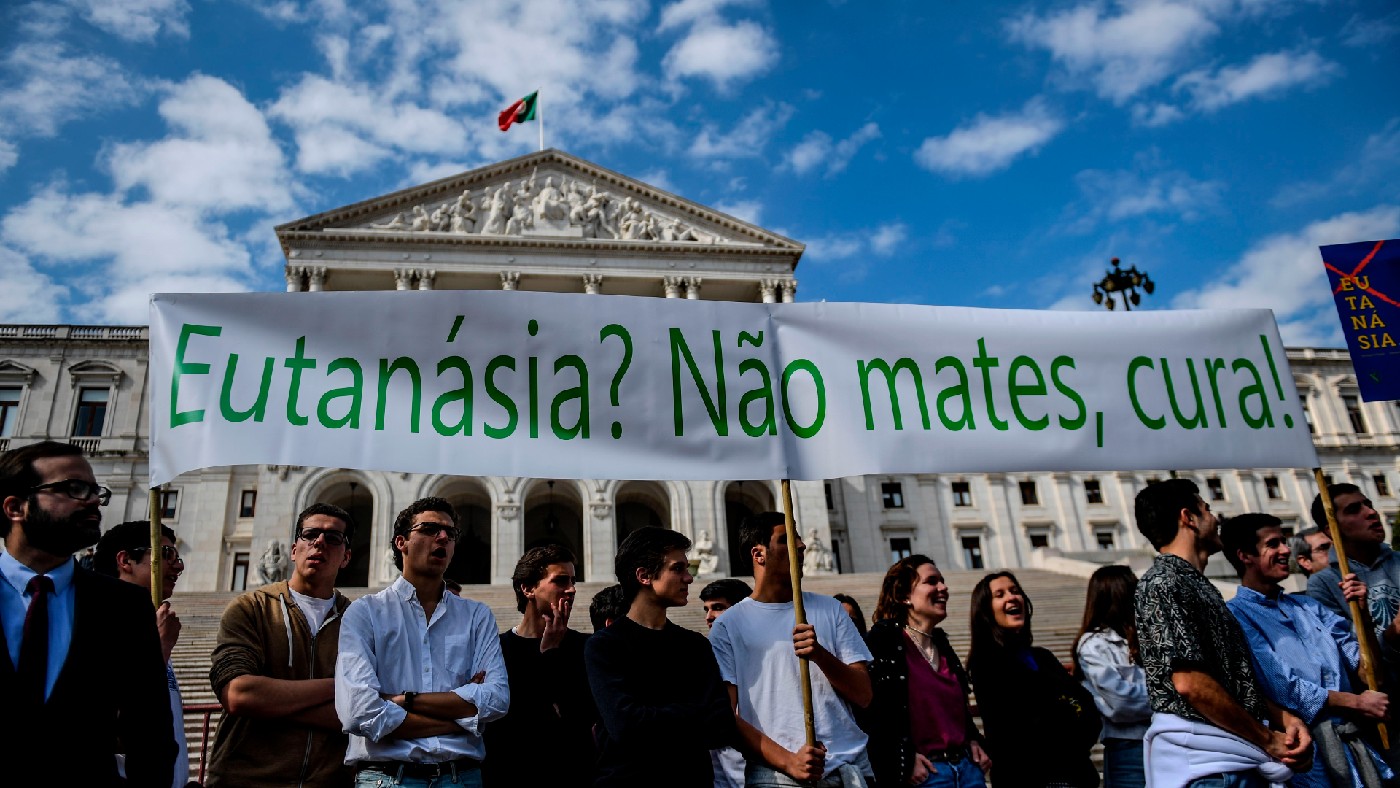 Legalising assisted dying: a complex, fraught and ‘necessary’ debate
Legalising assisted dying: a complex, fraught and ‘necessary’ debateSpeed Read The Assisted Dying Bill – which would allow doctors to assist in the deaths of terminally ill patients – has relevance for ‘millions’
-
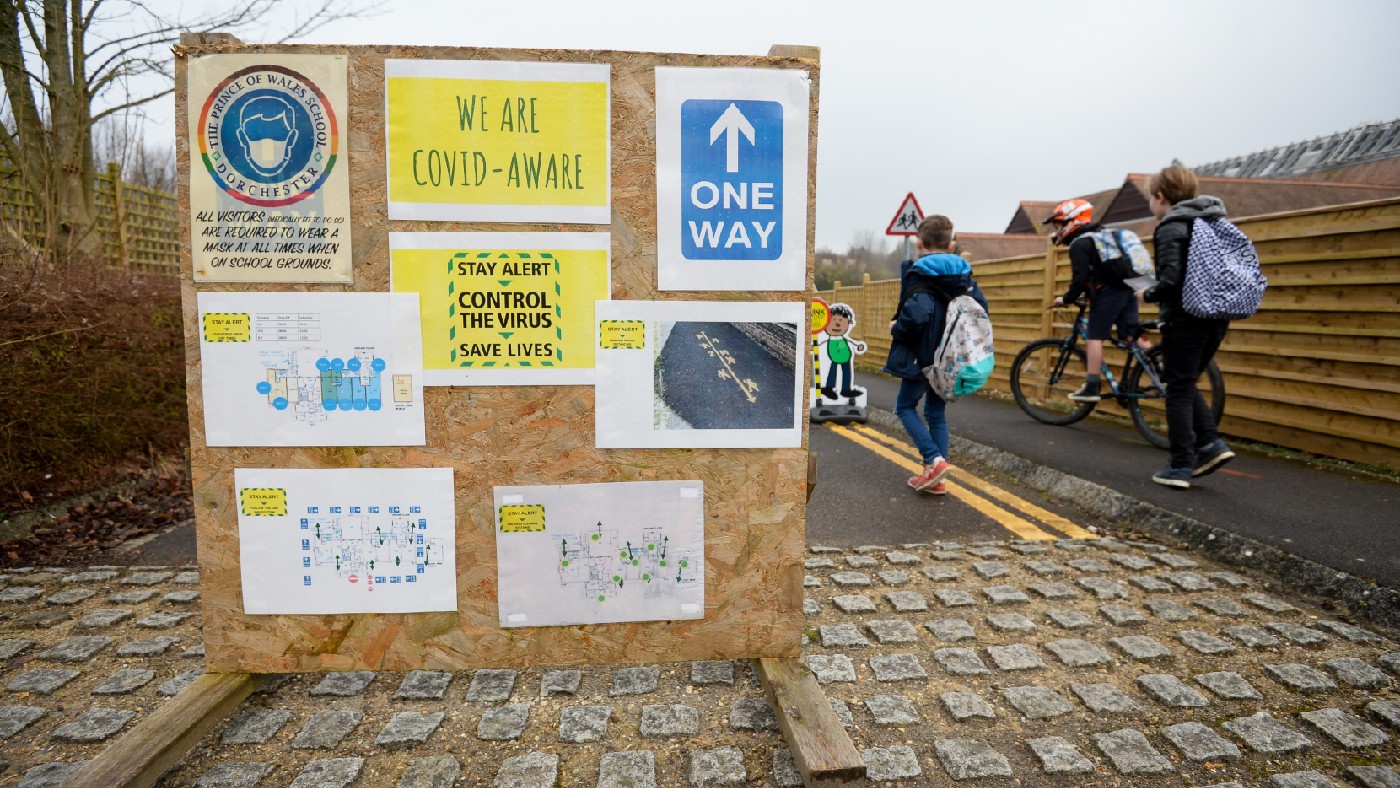 Vaccinating children: it’s decision time for the health secretary as kids return to school
Vaccinating children: it’s decision time for the health secretary as kids return to schoolSpeed Read Sajid Javid readying NHS England to roll out jab for children over 12, amid fears infections will rocket
-
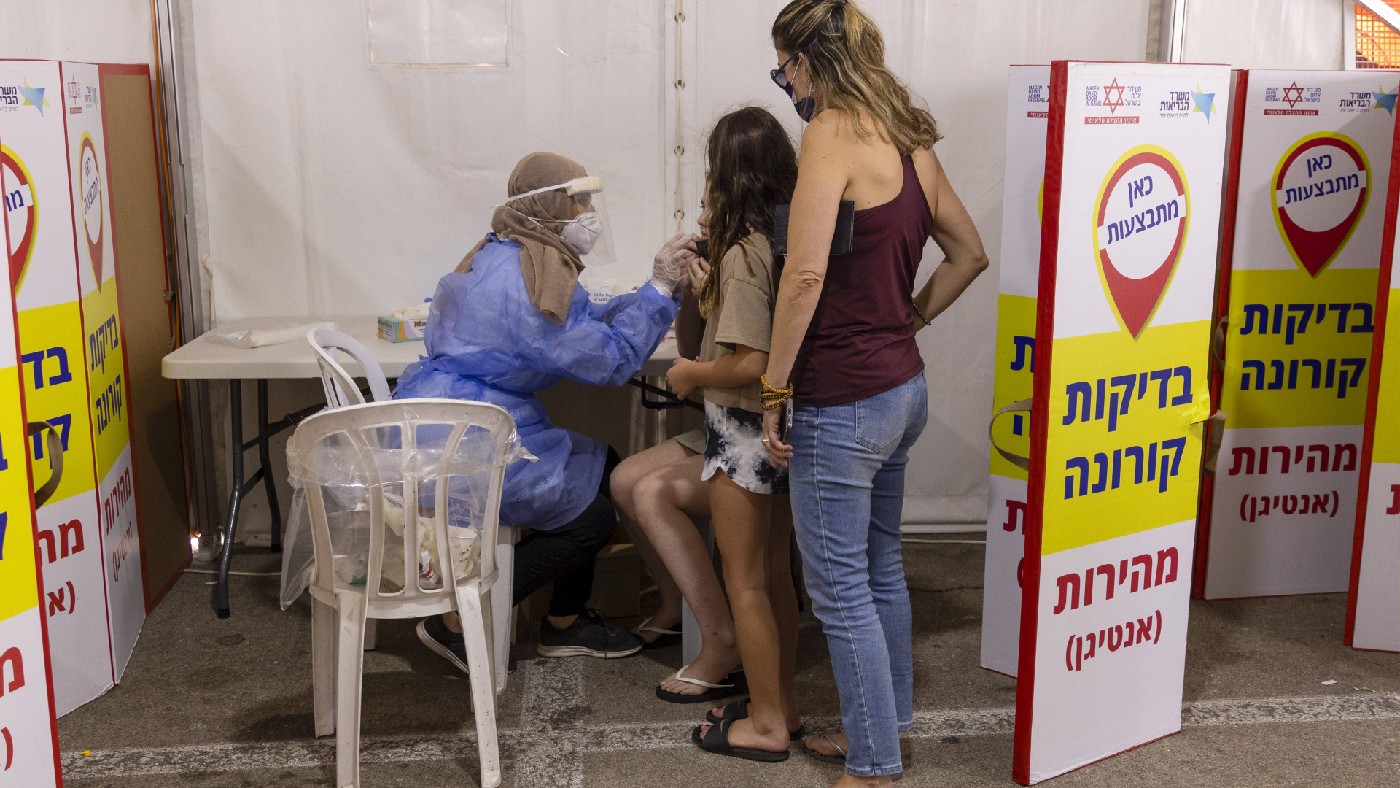 ‘Vaccination blunts, but does not defeat’: exploring Israel’s fourth Covid wave
‘Vaccination blunts, but does not defeat’: exploring Israel’s fourth Covid waveSpeed Read Two months ago, face masks were consigned to bins. Now the country is in a ‘unique moment of epidemiological doubt’
-
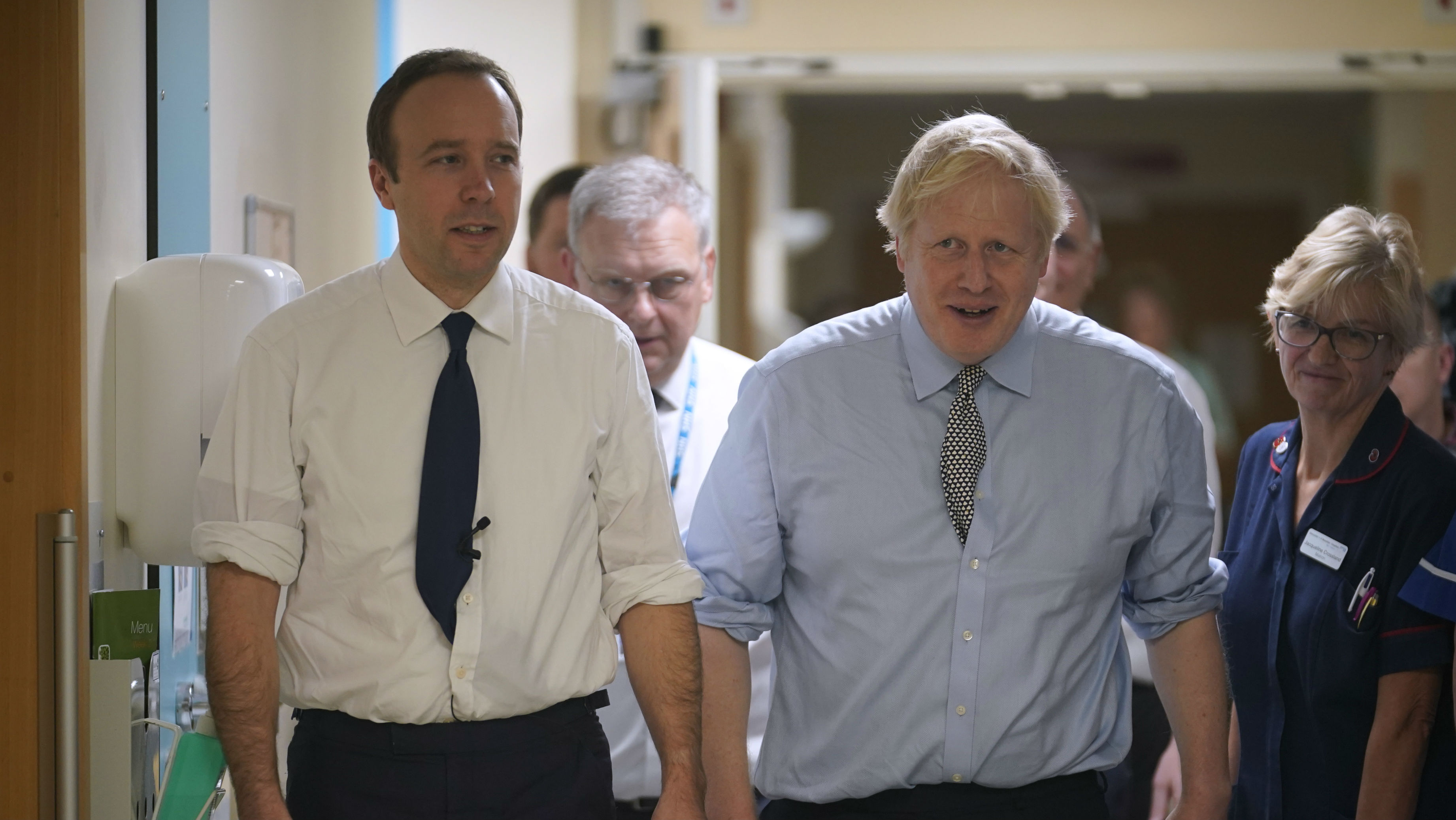 Thousands told to self-isolate in Covid app pinging error, claims Whitehall whistleblower
Thousands told to self-isolate in Covid app pinging error, claims Whitehall whistleblowerSpeed Read Source says Matt Hancock was privately told of the issue shortly before he resigned as health secretary
-
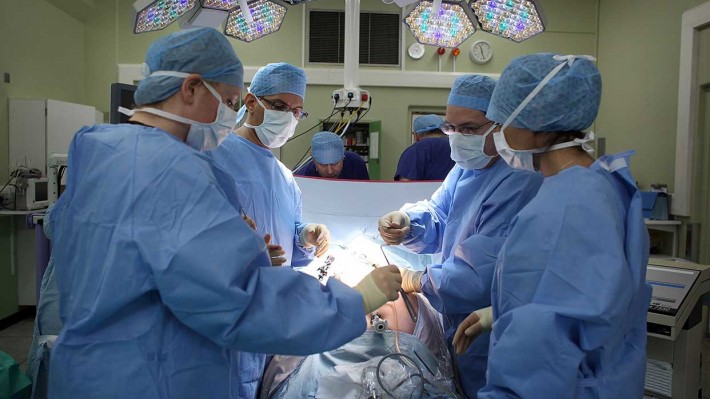 Record 5.45m people on NHS England waiting lists
Record 5.45m people on NHS England waiting listsSpeed Read Health chief warns that crisis is nearing ‘boiling point’ as backlog grows